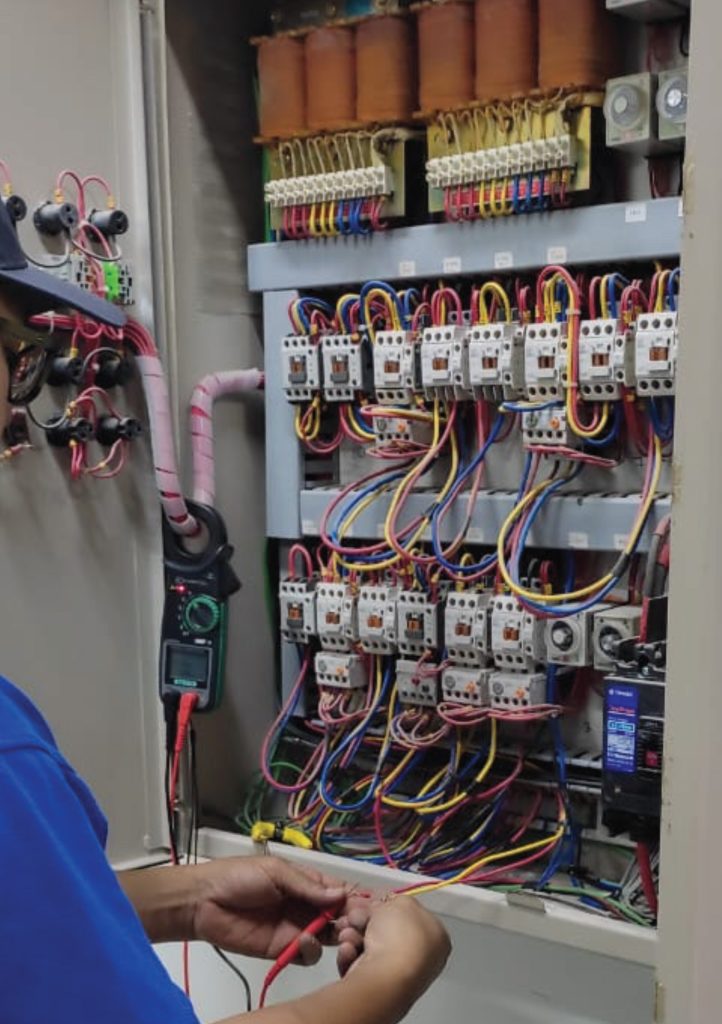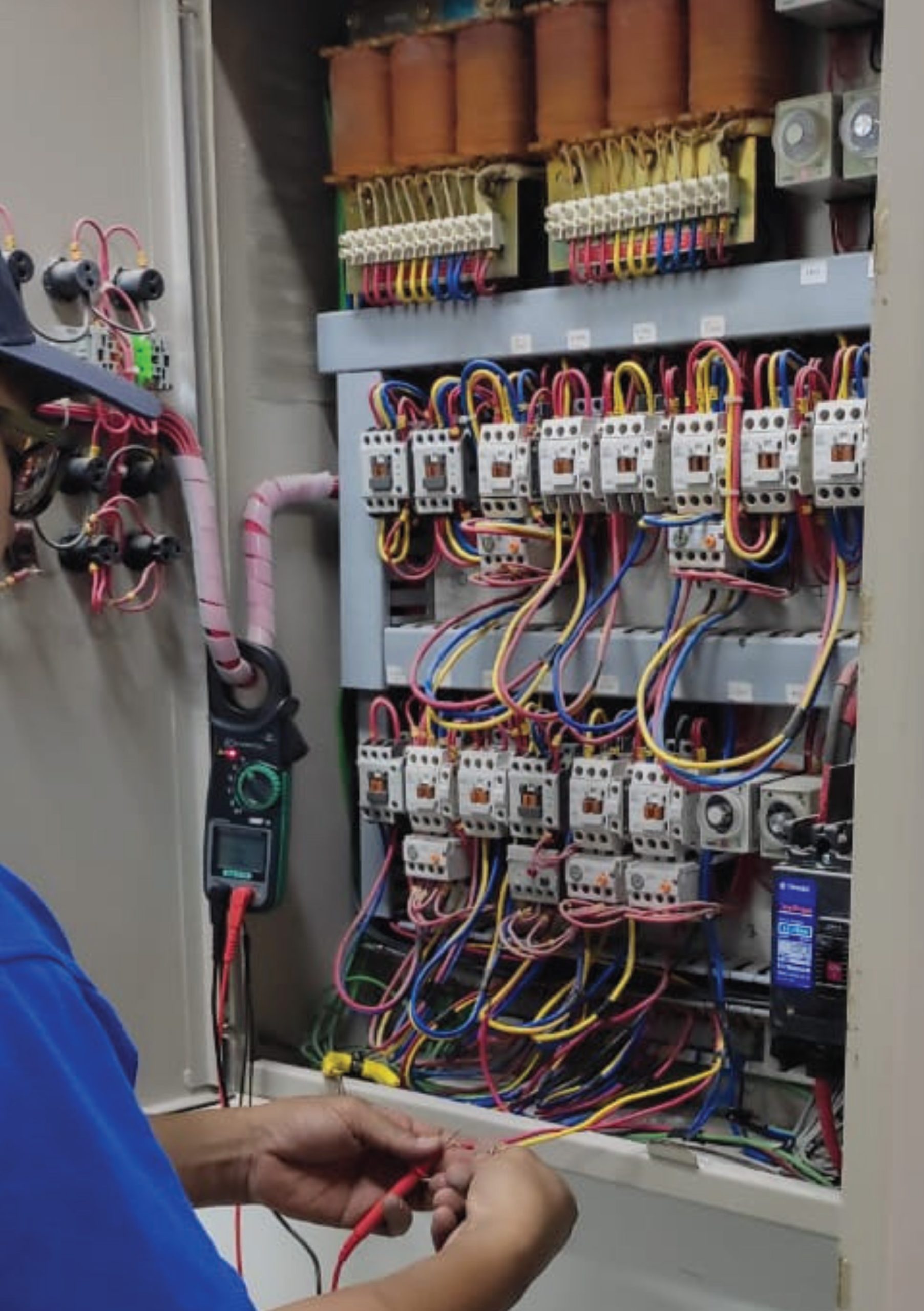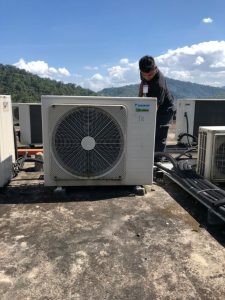The Basics of Home Wiring Installation You Should Know

When planning for wiring installation in your home, there are several essential factors to consider to ensure a safe and efficient electrical system. Proper planning is critical for the safety of your household and to avoid future inconveniences and costly repairs. Here’s a guide on the basics of electrical house wiring that you should be aware of.
Understanding Electrical Load and Circuit Design
One of the first things to consider is the electrical load and circuit design. The electrical load refers to the total amount of power your home will need to operate all its devices and appliances. Each circuit should be designed to handle a specific load, which requires careful calculation. Overloading a circuit can lead to frequent tripping of circuit breakers, or worse, cause electrical fires. Proper circuit design ensures that each part of your home gets the power it needs without overloading the system. This is a critical step in any wiring installation project.
Importance of Proper Wiring Materials
Using the correct materials for electrical house wiring is crucial. The type of wires, cables, and conduits used in your home significantly impacts the safety and efficiency of your electrical system. For example, copper wiring is generally preferred over aluminum because it is more durable and has better conductivity. The quality of the insulation around the wires also matters; poor insulation can lead to exposed wires, increasing the risk of short circuits and electrical shocks. Investing in high-quality materials may cost more upfront but will pay off by reducing maintenance costs and increasing safety in your wiring installation.
The Role of a Proper Grounding System
A grounding system is a critical component of electrical house wiring. It provides a safe path for electricity to follow in case of a fault, reducing the risk of electric shocks and fires. Proper grounding ensures that any excess electricity, such as from a lightning strike or a power surge, is safely discharged into the earth. This system must be designed and installed correctly to be effective. An expert electrician will know how to create a grounding system that complies with local regulations and safety standards.
Safety Codes and Regulations
Every country and region has its own set of electrical codes and regulations designed to ensure the safety of wiring installation projects. These codes cover everything from the type of materials used to the way wires are routed and connected. Following these codes is essential to ensure your home wiring is safe and legal. An expert electrician will be familiar with these regulations and can ensure that your electrical house wiring meets all necessary requirements.
Home wiring installation is a complex task that requires careful planning and expertise. By understanding the basics, using quality materials, and hiring a professional, you can ensure that your electrical house wiring is safe, efficient, and ready to meet your needs now and in the future. Proper planning and execution not only protect your investment but also provide peace of mind knowing that your home is safe from electrical hazards.









